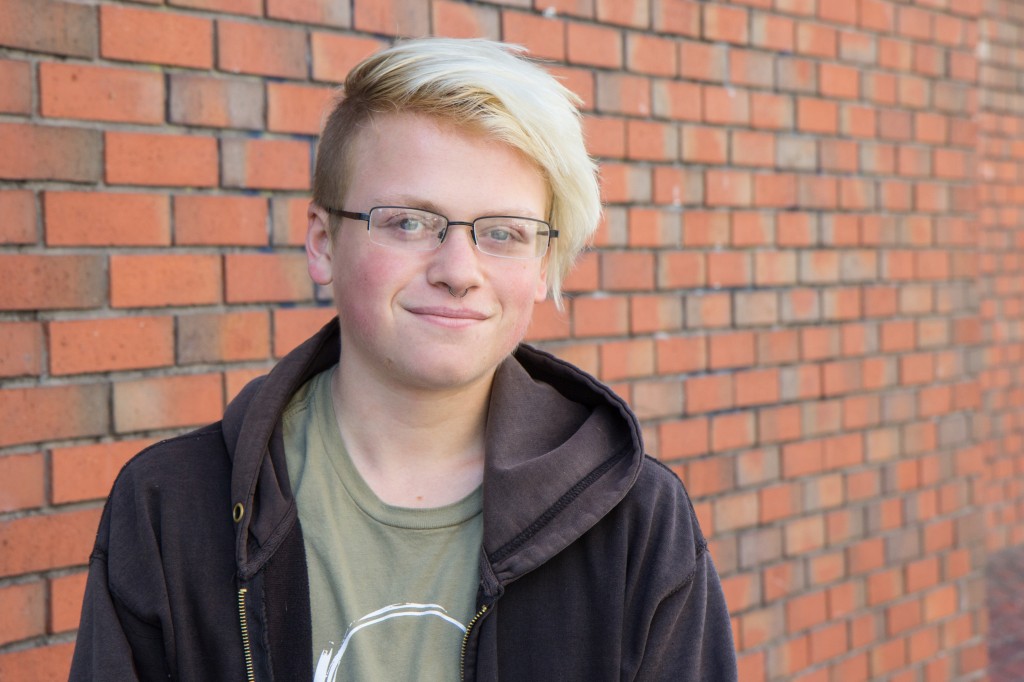Share this story:
 Growing up, my understanding of politics can be summed up in two words: Republican and Democrat. Even in elementary school, my classmates and I could name our parents’ party affiliations, though we weren’t clear on what they actually stood for.
Growing up, my understanding of politics can be summed up in two words: Republican and Democrat. Even in elementary school, my classmates and I could name our parents’ party affiliations, though we weren’t clear on what they actually stood for.
But now that I’m 18, I don’t identify with any political party. My own political involvement mostly happens in front of a computer screen. My peers and I may tweet using #YesAllWomen, share news about the Middle East on Facebook, or post videos of police brutality to Vine get other people’s attention. And slowly, mainstream politicians are seeing social media’s impact. But they’re still so focused on their internet image, that they’re missing the big picture.
Last week I watched CNN’s Republican presidential debate with a computer by my side and a bowl of popcorn in my lap, my fingers poised over the keyboard to capture a cringe-worthy gaffe or a quotable line at a moment’s notice. Even though I’m a first time voter, I wasn’t watching to decide who to vote for. I wanted to be entertained, and to understand all the internet jokes about the candidates that would inevitably follow. It might not sound serious, but consider in the past the internet’s jabs at major candidates have ruined whole political careers.
See, I can influence politics once in four years as a voter, or every day by pointing out truths on Tumblr.
People my age want to be able to pick and choose the issues we care about. We don’t need to join a club for the sake of membership. When an online movement like #BlackLivesMatter can force police departments to review their tactics, it’s clear that joining a political party isn’t the only way to make change.
So politicians who want to energize first time voters like me, need to stop trying to look appealing to us and start working on the concerns we have. And unless political parties push for change on the level that my generation wants, Democrats and Republicans alike will be left behind.
With a perspective, I’m Desmond Meagley.